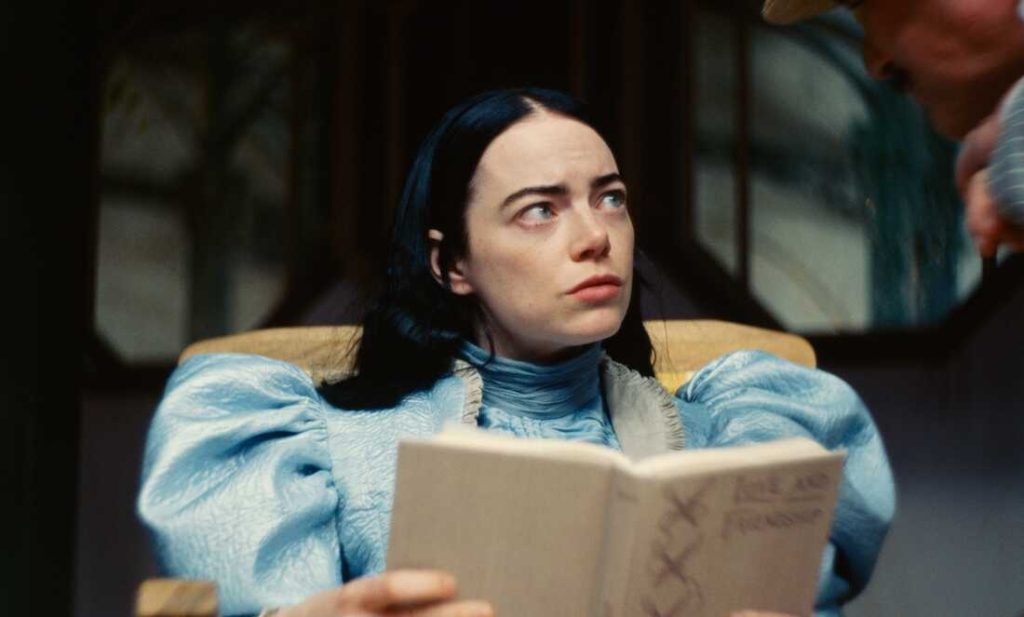
by Theodore Dalrymple
Relaxing with the Sunday papers after lunch is not what it used to be. Whether the change is in me or the newspapers I cannot be absolutely certain, but these days I find reading them more and more irritating. Recently, for example, I read in one of them an article taking up nearly a whole page, half of which admittedly was composed of photographs, about a film called Poor Things. Could there really be nothing in the world more important to write about than this?
Anyhow, I started reading the article, and I suffer from a strange compulsion: I must finish whatever I have started to read, however bad it may be. According to the article, many critics thought that the film was pornographic, though not the author of the article herself. I must say that her description of it gave me no desire to see it — or rather, gave me the desire not to see it. It was the last paragraph of the article that most irritated me. I quote:
Is there something problematically paedophilic about a child’s brain in a woman’s body? Well, yes! That is the point of art. To be problematic.
The author of this ill-written passage is described as the chief literary critic of The Times and the Sunday Times. It is the kind of adolescent tripe that passes these days for thought: probably the author imbibed it at university. Of course art may be disturbing, controversial and the rest, but that is not its point. The purpose of art is not to shock Mum and Dad, even if it may sometimes do so.
The newspaper is aimed at the top educational and cultural decile of the population. It has a distinguished history. That it has sunk so low is enough to make one long for the days of Cyril Connolly, Raymond Mortimer and Philip Toynbee.
First published in The Critic.
- Like
- Digg
- Tumblr
- VKontakte
- Buffer
- Love This
- Odnoklassniki
- Meneame
- Blogger
- Amazon
- Yahoo Mail
- Gmail
- AOL
- Newsvine
- HackerNews
- Evernote
- MySpace
- Mail.ru
- Viadeo
- Line
- Comments
- SMS
- Viber
- Telegram
- Subscribe
- Facebook Messenger
- Kakao
- LiveJournal
- Yammer
- Edgar
- Fintel
- Mix
- Instapaper
- Copy Link







